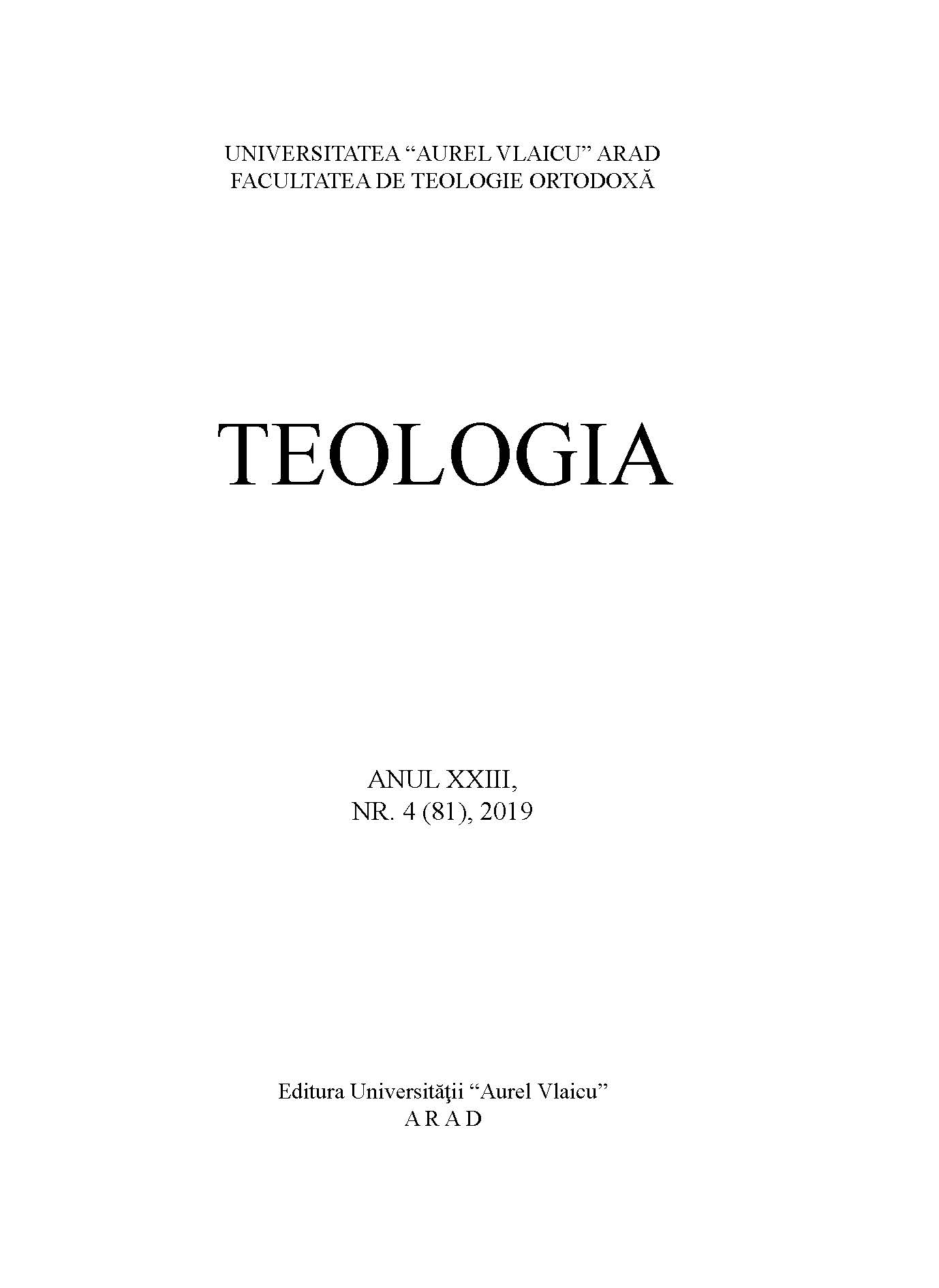Was ist eigentlich Säkularismus?
Versuch einer Systematisierung des
ökumenischen Diskurses
What is secularism?
Attempt to systematize the
ecumenical discourse
Author(s): Stefanie ArnoldSubject(s): Christian Theology and Religion, Theology and Religion
Published by: Editura Universității Aurel Vlaicu
Keywords: Secularism; World Council of Churches; definition of terms; secularization; secularity;
Summary/Abstract: The term secularism is used in several German-language texts by the World Council of Churches (WCC) and its predecessor organizations. However, the use is not uniform, the term often remains vague. In this article, a systematic survey of the uses of secularism in German is developed and applied to texts of the ecumenical movement. Based on the use in English, three meanings can be worked out for the German term: Secularism can be understood 1. under constitutional law as secularity, i.e. as a principle of a state’s religious neutrality, 2. ideologically, as secularist atheism and 3. as indicating a secularized society. The texts of the ecumenical movement primarily take up two meanings of the term: the ideology of secularist atheism and secularized society. The texts contain four strategies for dealing with secularism: 1. Criticism of secularist atheism, 2. Consideration of secularized society as a place of mission, 3. Participation in secularized society and cooperation with secular organizations towards common goals, and 4. Examination of the inclusion of secular cultural elements in worship.
Journal: Teologia
- Issue Year: 81/2019
- Issue No: 4
- Page Range: 10-25
- Page Count: 15
- Language: German

